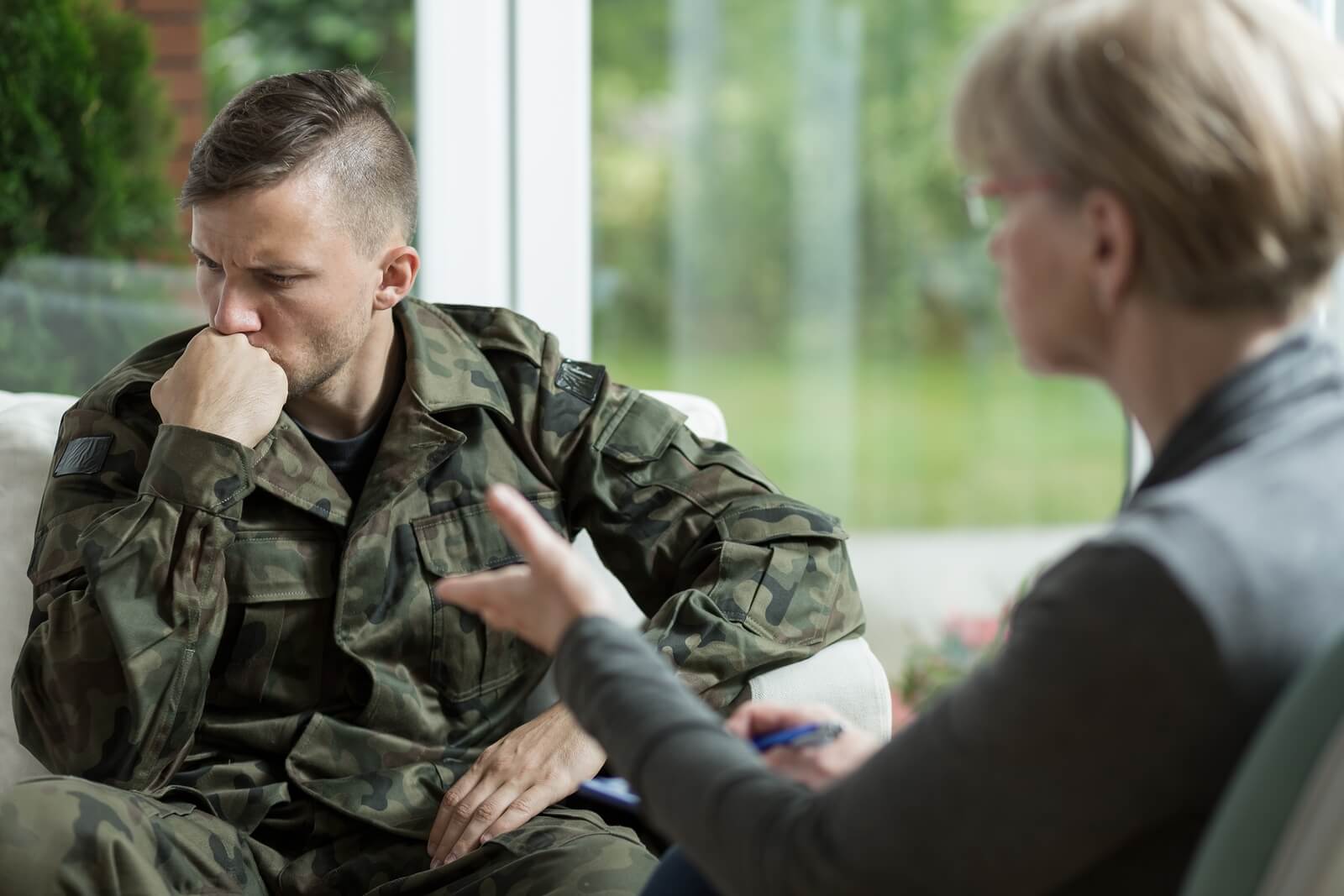Desert Hope Treatment Center Launches Salute to Recovery Program to Help Veterans Struggling with Addiction

In honor of Military Appreciation Month, Desert Hope Treatment Center is providing a lifeline to the countless veterans who suffer in silence with drug and/or alcohol addiction and co-occurring mental health conditions. Through its new Salute to Recovery program, Desert Hope offers a specialized curriculum focused on addressing the unique challenges veterans and first responders, such as post-traumatic stress disorder (PTSD), and helping them navigate the path to recovery.
“We want veterans to know that reaching out for help takes enormous courage,” said Ambrozino Storr, CEO of Desert Hope Treatment Center. “Veterans often have a lot of pride and it can be challenging for them to be vulnerable when society views them as heroes. We consider it an honor to provide these veterans a safe space to find hope and healing.”
According to a study conducted on the state of veterans mental health and substance abuse:
- Only 50% of returning service members who need treatment for their mental health actually seek care
- Between 60% and 80% of Vietnam War veterans have been diagnosed with alcohol abuse disorders
- In 2016, more than 4 in 5 vets citing an inability to work were limited either physically or mentally following their service in the armed forces
Desert Hope Treatment Center is a designated Veterans Choice Provider, which means veterans may qualify to have their care covered through the Veterans Administration. Many of the staff who lead the program are veterans themselves.
“The patients spend the majority of their time in group therapy sessions with other veterans,” said Angela La Luzerne, program manager. “We even have an area on campus that is dedicated to veterans and first responders, allowing them to connect and bond on their terms. We’ve found that this builds trust and camaraderie among the patients and helps to break down walls that can hinder the treatment process. It can also create a sense of belonging and community, which can often be difficult for veterans when returning to civilian life.”
With the Salute to Recovery curriculum veterans learn about the disease of addiction and the coping skills required for a life in recovery. Therapy types include Cognitive Behavioral Therapy, Dialectical Behavior Therapy and Narrative Therapy, a process where patients learn to change the narrative of their life’s story by focusing on their strengths and abilities. In some cases, Eye Movement Desensitization and Reprocessing (EMDR), a psychotherapy treatment for those dealing with trauma, is also utilized.
“We want them to know they are not alone in this fight,” said Storr. “We salute these veterans for serving our country and for having the courage to get help. They’ve sacrificed for our nation and now it’s our privilege to serve them.”